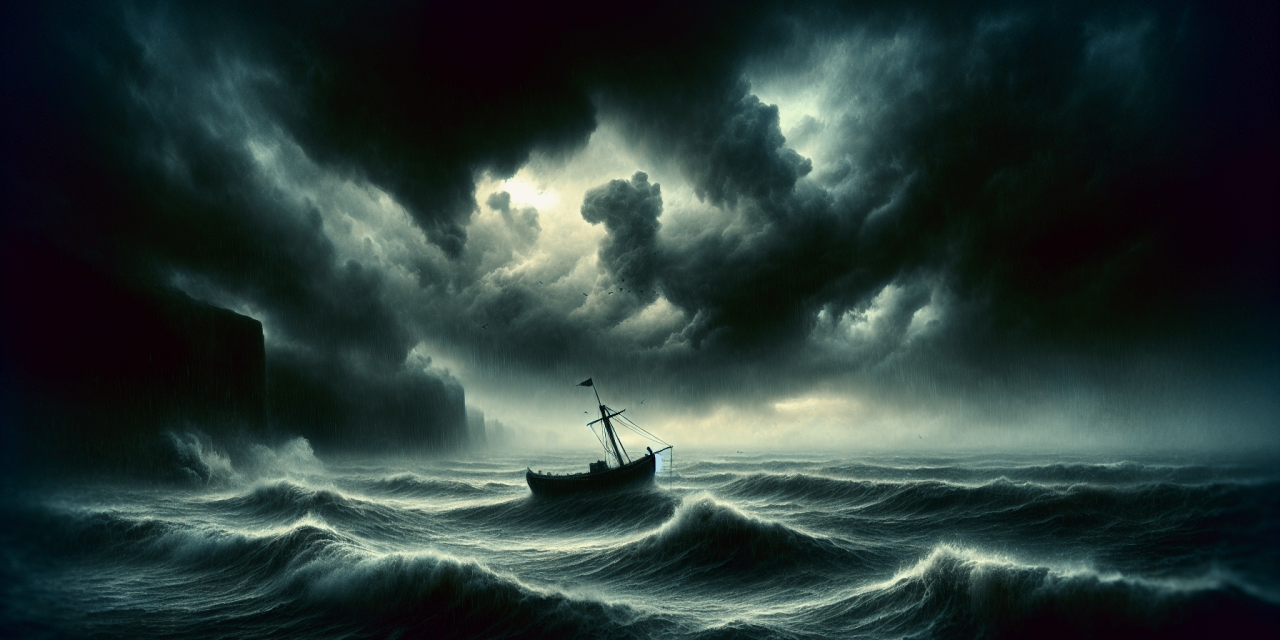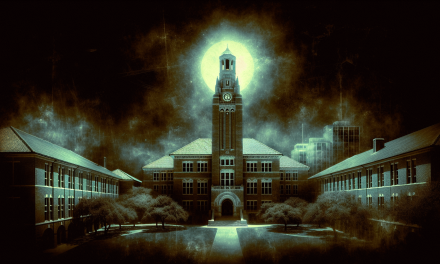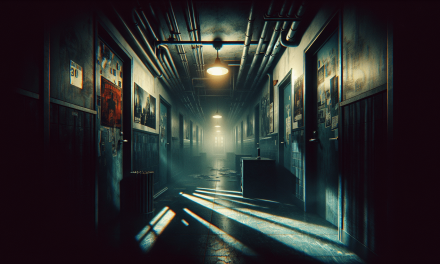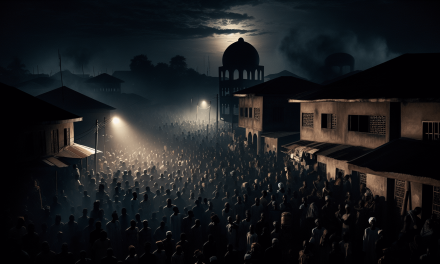On August 27, 1979, the serene waters of Mullaghmore, County Sligo, are shattered by a violent explosion. Louis Mountbatten, 1st Earl Mountbatten of Burma, a venerable figure in British history and uncle to Prince Philip, is aboard his boat, *Shadow V*. A radio-controlled bomb, meticulously planted by the Provisional Irish Republican Army (IRA), detonates with deadly precision. The blast claims the lives of Mountbatten, his 14-year-old grandson Nicholas Knatchbull, and 15-year-old local crew member Paul Maxwell. The Dowager Baroness Brabourne, Nicholas’s grandmother, succumbs to her injuries the next day.
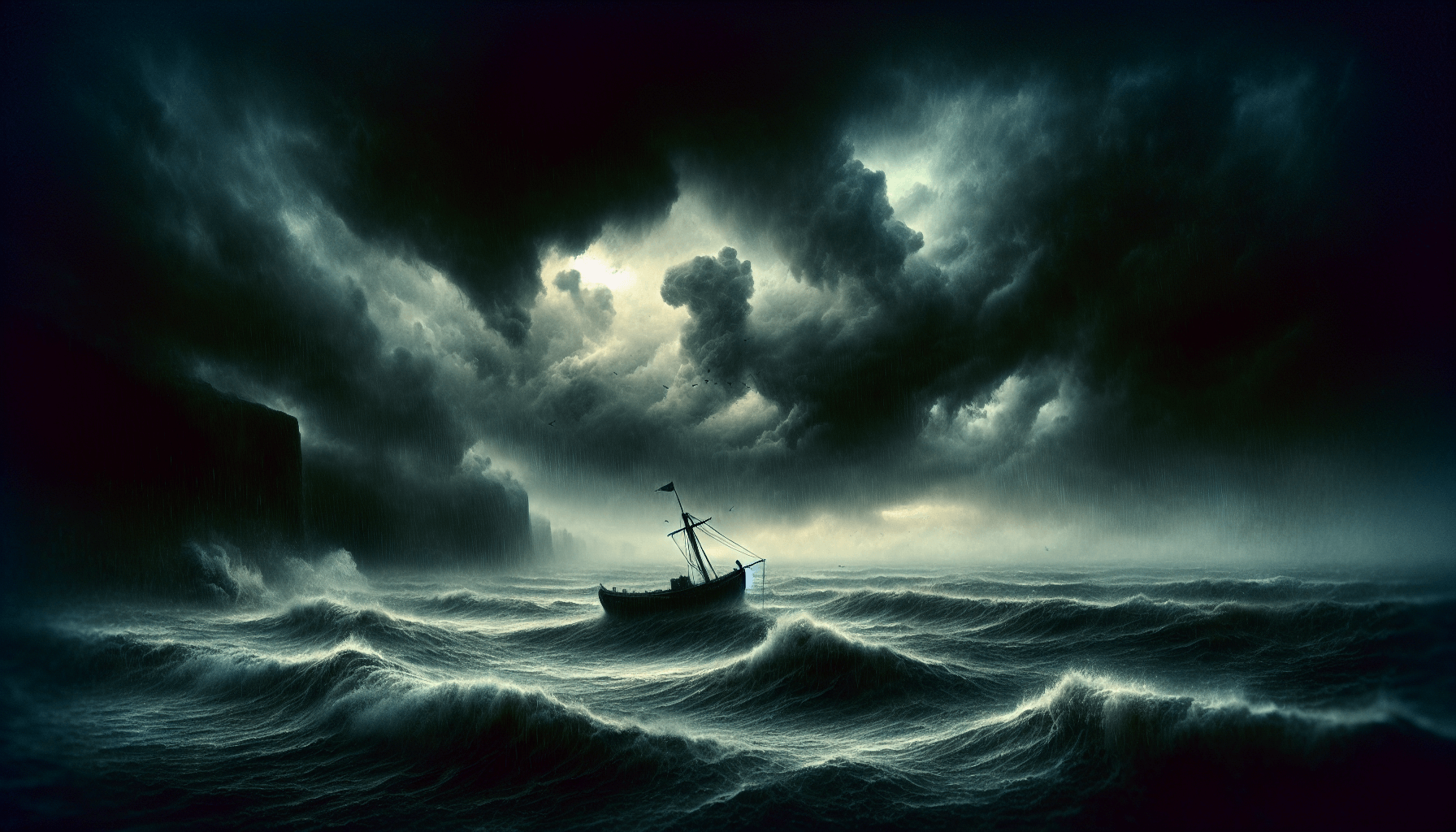
The assassination reverberates across the globe, a chilling reminder of the ongoing conflict between the IRA and British forces. On the same day, the Warrenpoint ambush results in the deaths of 18 British soldiers, marking it as one of the deadliest days of the Troubles. The IRA swiftly claims responsibility, asserting their relentless campaign for Irish independence.
The world watches in shock as this calculated attack against a symbol of British authority unfolds. The repercussions are profound, fueling tensions and hardening resolve on both sides of the conflict. The legacy of August 27, 1979, remains etched in the annals of history, a day of profound loss and political impact.
Story Source: Documentary film titled “The Day Mountbatten Died” (2019, directed by Sam Collyns)

